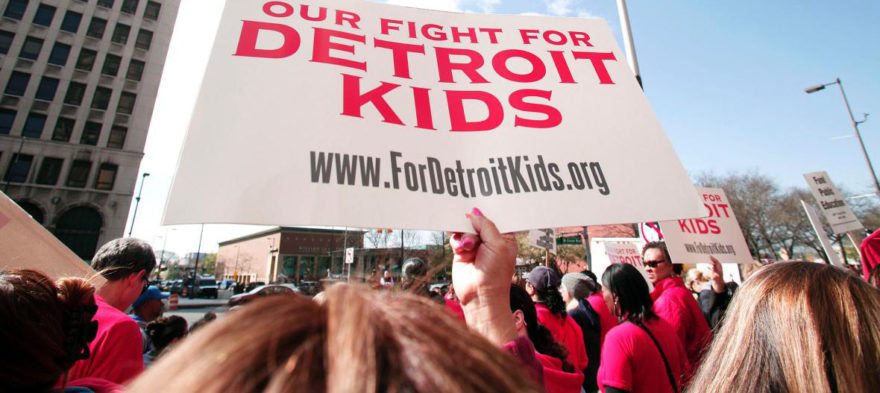
Jun 17, 2016 12:00:00 AM
by Andrew Wilk
Andrew Wilk teaches both English and English as a Second Language (ESL) at Parkland College in Champaign, Illinois, and during the 2014-15 academic year he was nominated for the Teaching Excellence Award at the college in recognition of his work in the classroom. In addition to teaching at both the secondary and college level, he worked for many years in the private sector, holding professional and administrative positions in advertising, journalism and healthcare. Wilk has published over 100 commentaries on topics ranging from politics to education, and he has also published a novel, “A Day at the Fair with Chili Boy.” He writes on his blog, Common Sense. He received his B.A. from Yale University and M.A. from the University of Connecticut, and he holds a Professional Educator License in Illinois.
The story you tell yourself about your own math ability tends to become true. This isn’t some Oprah aphorism about attracting what you want from the universe. Well, I guess it kind of is, but...
If you have a child with disabilities, you’re not alone: According to the latest data, over 7 million American schoolchildren — 14% of all students ages 3-21 — are classified as eligible for special...
The fight for educational equity has never been just about schools. The real North Star for this work is providing opportunities for each child to thrive into adulthood. This means that our advocacy...
Your donations support the voices who challenge decision makers to provide the learning opportunities all children need to thrive.
Ed Post is the flagship website platform of brightbeam, a 501(c3) network of education activists and influencers demanding a better education and a brighter future for every child.
© 2020–2024 brightbeam. All rights reserved.
Leave a Comment